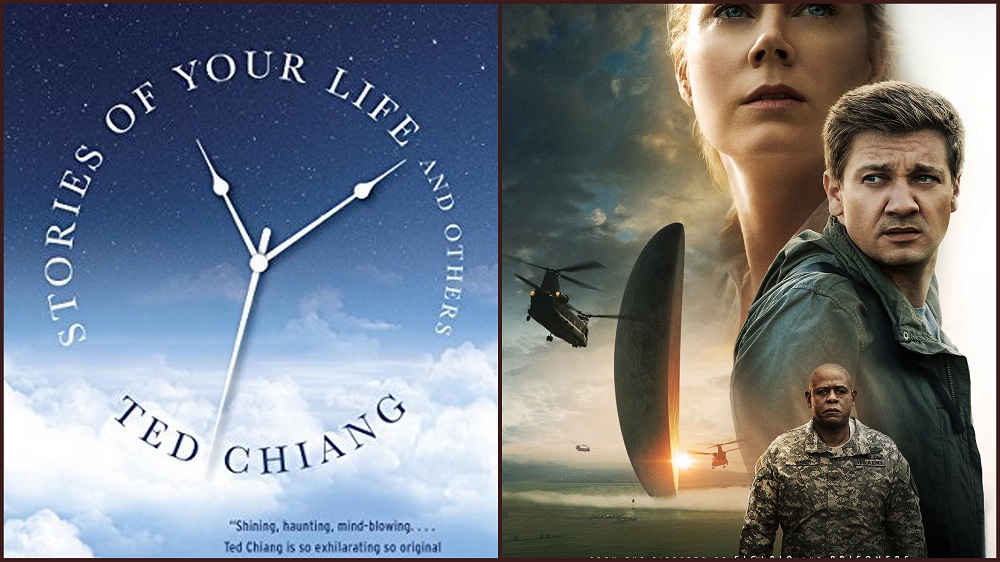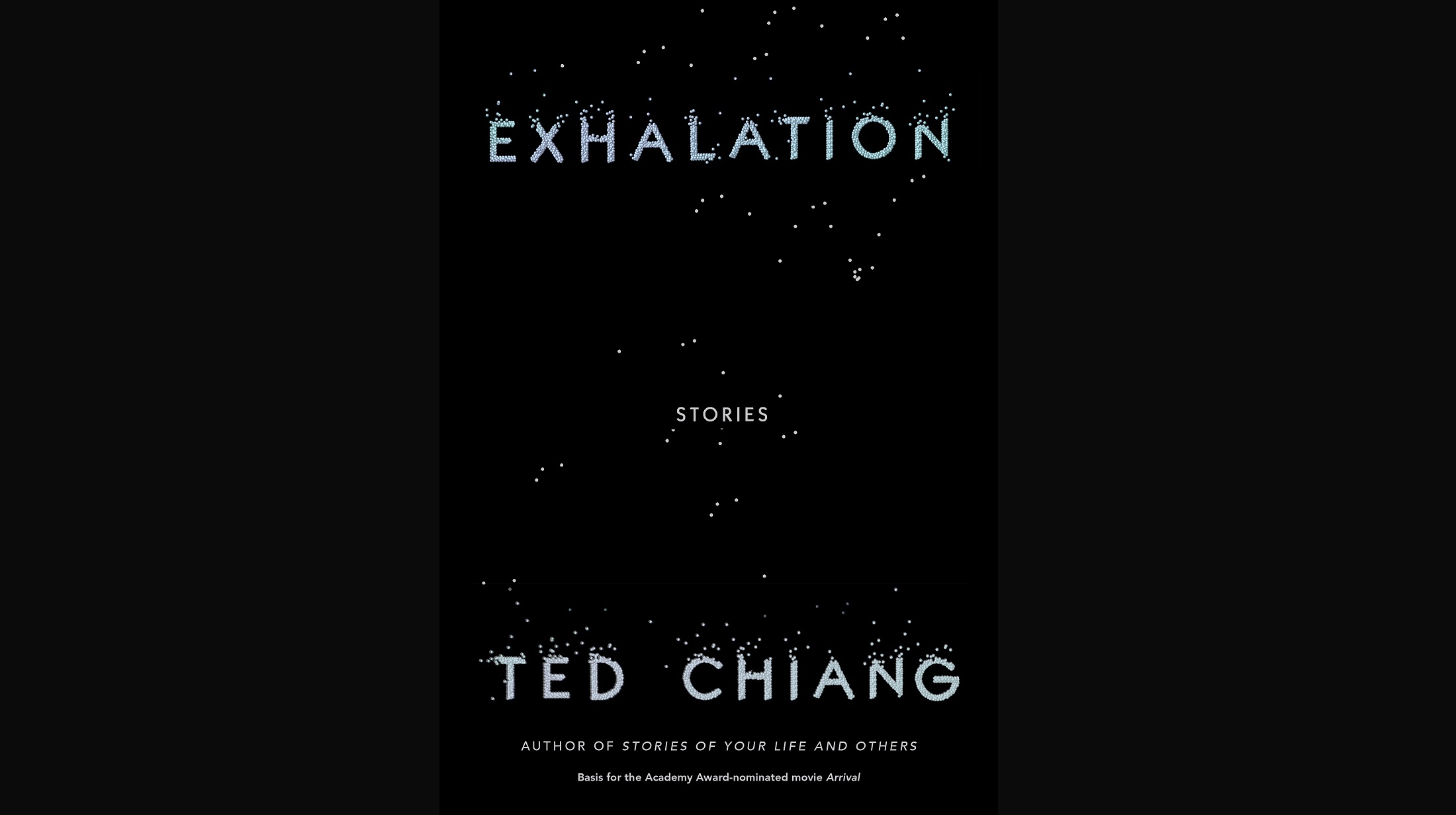

In the movie, there is a larger focus on the collaborative effort across countries and to generate more tension, there is an added element of last-minute discord and a pressing countdown to figure out what the aliens are doing here (there is a firm answer to that in the movie, something that is left open in the story). The emotional core of both story and movie is the same as they are largely introspective and philosophical affairs – the getting there (to deciphering the language) is slightly (ok, very) different. In both movie and story, the learning process involves a larger appreciation for the concept of time/space and free will/determinism although the movie largely bypasses the short story’s strong (and fascinating) physics background. In it, Louise communicates with her daughter, remembers her life just as she learns the new alien language. In contrast, the story in which the movie is based on, “Story of Your Life” by multiple award-winner Ted Chiang, feels like a much more personal story. In the movie, that point is extrapolated into learning how to communicate with other Earthly nations too at a singular time when any small, broken, insufficient communication could lead to all-out war. We are so often used to military, grandiose stories when it comes to aliens, it’s a breath of fresh air to see/read one tale whose whole point is to not only to learn how to communicate but how to communicate effectively. Interspersed with scenes between Louise and her late daughter (whom we know from the first scene, dies of cancer), the movie is mostly visually-stunning, quiet, understated science fiction with a brainy heroine. Framed as an intergovernmental collaborative effort, each country where a ship has landed has their own team working toward communicating with the aliens.

It’s been a few days since the US elections and in the aftermath we have seen how inappropriate, lacking, and inaccurate media and news outlets’ usage of language to describe this moment has been: when honest-to-god Nazis and extremists are rebranded as “alt-right” and lies are rebranded as “post-truth”, it’s worth taking a moment to watch (and read) this thought-provoking, beautiful story.Īrrival starts with the appearance of twelve alien spaceships that appear around the Earth, and it closely follows the story of Louise Banks, a linguist who is enlisted by the US Government to help decipher the aliens’ language, working from the site of the US-based landing site. As I sit here gathering my thoughts on Arrival, the new movie with Amy Adams, I can’t stop thinking about how timely this story about language and communication is.


 0 kommentar(er)
0 kommentar(er)
